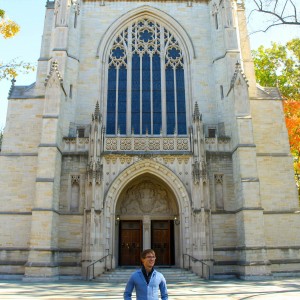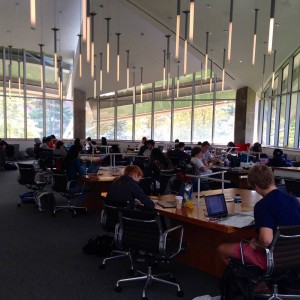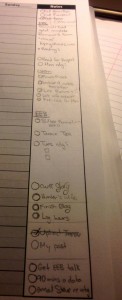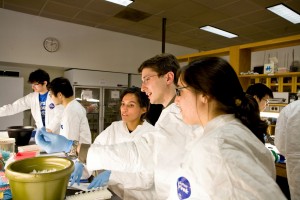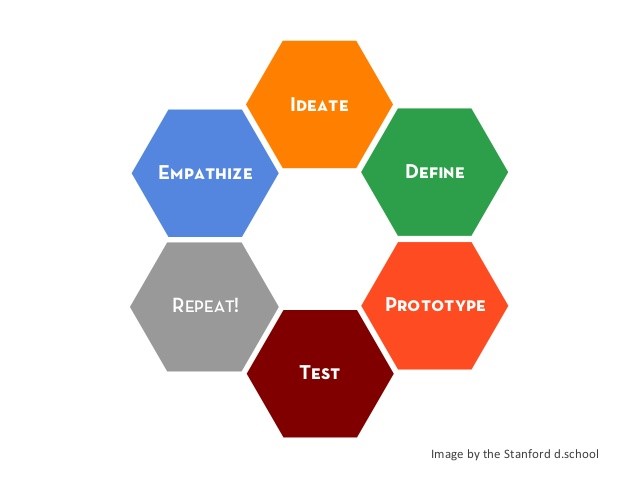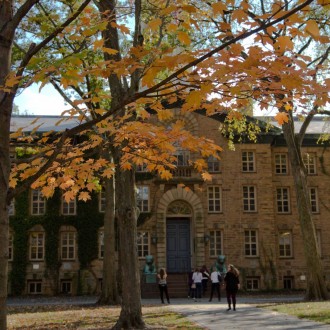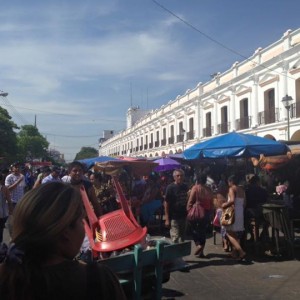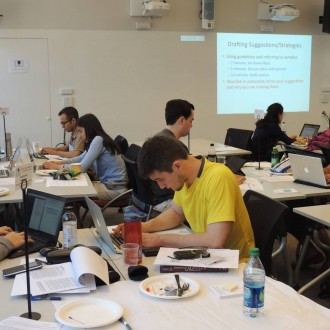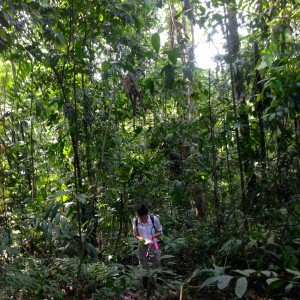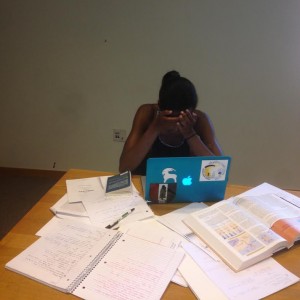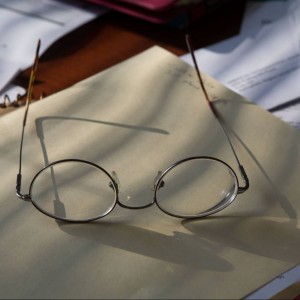Over the course of the semester, PCURs will explain how they found their place in research. We present these to you as a series called The Project That Made Me a Researcher. As any undergraduate knows, the transition from ‘doing a research project’ to thinking of yourself as a researcher is an exciting and highly individualized phenomenon. Here, Emma shares her story.
~~~~~~
Every researcher has a moment when they realize that their scholarly voice and independent discoveries matter outside of the classroom. For me, this moment came when I took a year-long journalism course as a sophomore in high school. My high school self-identifies as progressive and implements a unique pedagogic approach that emphasizes learning by doing. The journalism course closely fit that theme; instead of reading sample pieces and discussing what defines good journalism, we immediately jumped into the process of writing articles.

My first two articles—each about one page long—were relatively uncomplicated. I wrote about topics that I found interesting, but didn’t push myself to see my subjects in a new or distinct way. My mom was the only person I interviewed throughout the entire research process. The third assignment, however, called for much more involved and independent research. Our teacher instructed each of us to pick a topic of our choice and spend the entire second semester researching and writing about it. He explained that all of this work would culminate in a twenty-page New York Magazine-esque article due at the end of the year. Throughout the semester, we would only meet for a fraction of our class periods and the other time would be set-aside for us to conduct individual research off-campus.


